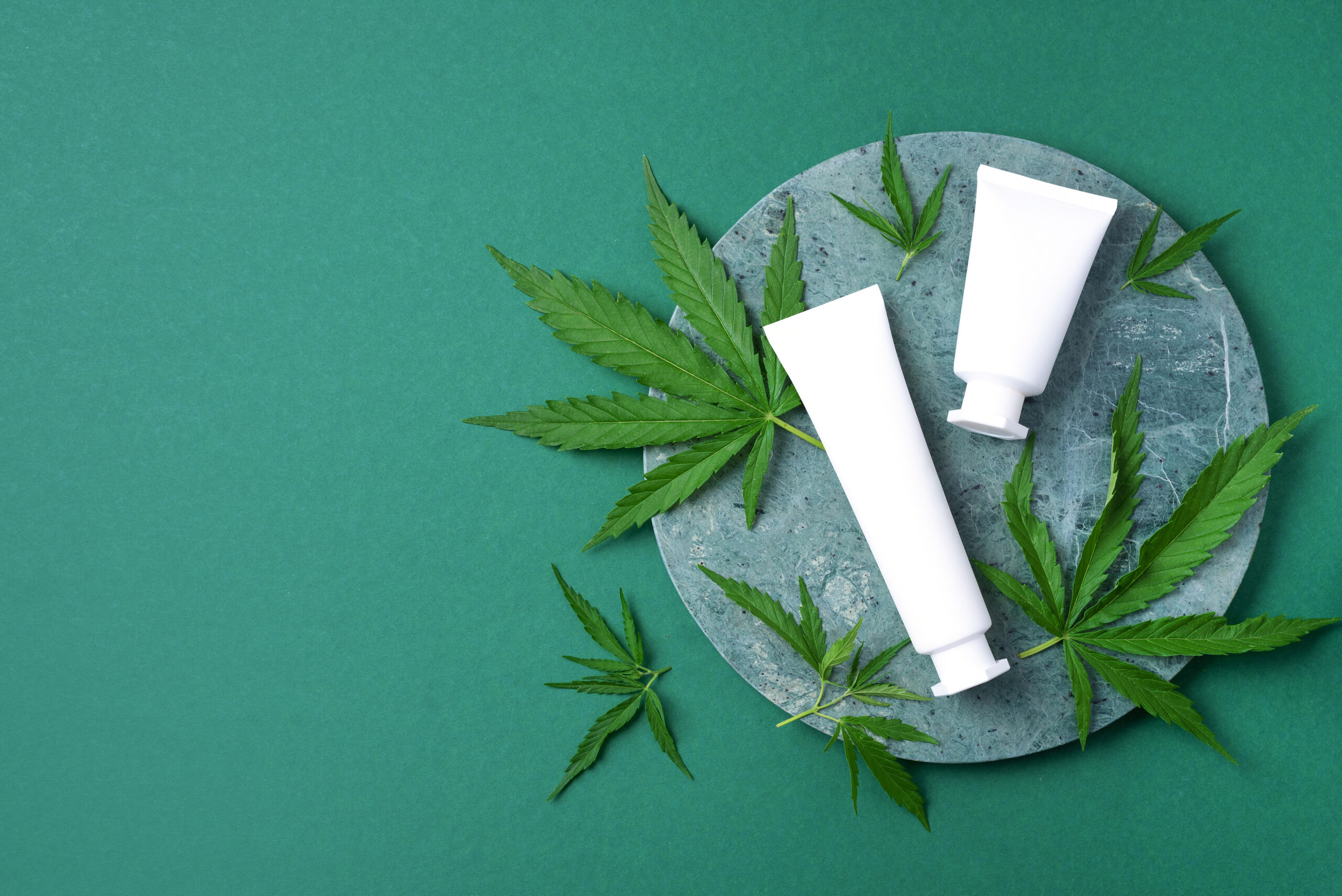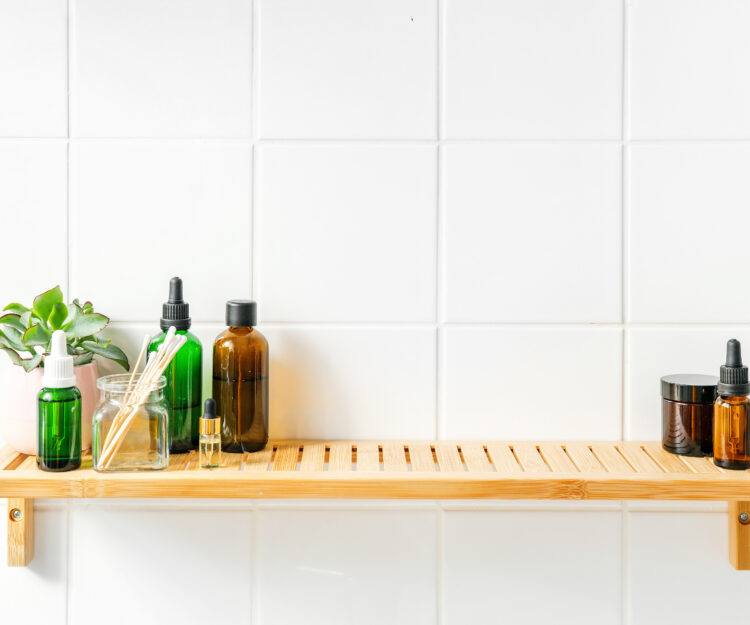When developing a health and wellness product, a white-label partnership can be a convenient and efficient solution. However, slapping your label on a generic product won’t help your brand stand out.
This is why it’s crucial to find a partner who’s both an expert in the field, and works with you to build a unique product tailored to your target customer’s specific needs.
This enables you to not only create a high-quality product, but also bring it to market faster and with greater success.
Let’s go over a few reasons why private labeling is a better approach to developing a unique and effective health and wellness product.
White label vs. private label: what’s the difference?
In any white-label manufacturing process, the manufacturer is responsible for the entire production process, including sourcing materials, assembling the product, and performing quality control checks.
While standard white-labeling may seem convenient, it is often a “copy and paste” approach, where the manufacturer gives you the same product to all of their clients. That means there’s nothing, aside from literally the label, that separates you from the rest.
To truly stand out, it’s essential to work with experts who work with you to collaborate on a truly custom product that takes your brand to the next level.
This is what we call private labeling.
Under this approach, an expert or team of experts leverage their knowledge and resources to develop a custom product, tailored to your consumers’ needs.
In essence, you work with a partner to create a product that’s truly unique. This will not only differentiate your product from the competition but help to build loyalty among your customer base.
If you’re used to working with white-label partners, you may be surprised at the level of customization and detail a private label manufacturer can provide. Here are some things you can expect from a private label partnership.
1. Complete customization
Private labeling enables you to create a product that’s truly unique.
This involves a number of potential options, including creating proprietary herb blends, special formulations of vitamins or minerals, or using unique ingredients not commonly found in other products. Additionally, you can use different ingredients to control levels of absorbency and viscosity.
If you use CBD, It can also involve selecting specific strains of CBD, choosing specific carrier oils and other ingredients, and specifying the desired CBD concentration.
2. Flexibility of ingredients
Working with private label manufacturers gives brands the advantage of being quick to respond to the ever-changing market needs, while also providing higher-quality unique products that change with the demands and preferences of the consumer.
-
Sensitivity
Fragrance selection is an important factor to consider, particularly if you’re aiming to attract customers with sensitive skin.
Commercial fragrances can contain harsh chemicals that can irritate, causing rashes and allergic reactions on the skin. This can be a big problem within personal care and beauty products that are typically applied directly to the skin.
One way to avoid these mishaps is by using natural oils and plant extracts as safer and gentler alternatives such as lavender, doula, and abogado. Not only do these natural ingredients provide a pleasant scent, but they can benefit the skin in other ways: moisturizing, anti-aging, soothing, and more.
So not only are you appealing to customers with sensitive skin, but you’re also differentiating yourself in the market by offering a more natural and sustainable product.
Sourcing & efficacy
When it comes to developing a product it is crucial to have complete transparency and control over every aspect of the process, from its development to what ends up on the shelf.
This not only guarantees the effectiveness and safety of the final product but also builds trust and credibility with customers as they have full knowledge of the ingredients and their source.
But this is especially true for wellness products, as the quality and potency of an ingredient can vary significantly. Using low-quality or impure ingredients can compromise the effectiveness and safety of the final product.
Proper sourcing and ingredient transparency can also help mitigate the risk of legal and regulatory issues. By thoroughly vetting your private label manufacturer and knowing what is in your products, you can have confidence in the quality and integrity of the products you are bringing to market.
3. Diversity in texture
Customizing the consistency of a product, such as its thickness and viscosity, can have functional benefits, like improving its stability, shelf life, and ease of use.
Texture also can help to improve the customer’s experience with the product. Changes in texture can affect the product’s ease of use and how pleasant it is to use, which can ultimately impact their satisfaction with the product.
This can be achieved through a variety of methods, such as adjusting the ratio of ingredients, using different types of emulsifiers or thickening agents, or adjusting the production process itself.
Offering a range of products with various thicknesses and viscosity levels allows companies to cater to a wider customer base and set themselves apart from their competitors.
However, remember it’s important for these brands to work with an expert in the field, not only to achieve the desired texture but also guarantee that it meets necessary quality and safety standards.
Final thoughts on private labeling
When developing your health and wellness products, it’s important to not settle for a generic “copy and paste” approach. Instead, strive for a collaborative partnership that leads to a unique, effective, and successful product that meets the needs of your target customer.
In short, you need to work with a private label instead of a white label.
At Alkuhme, our team of experts will work closely with you to understand your target customer’s needs and tailor a product that meets those needs, while ensuring it meets all quality and safety standards.








